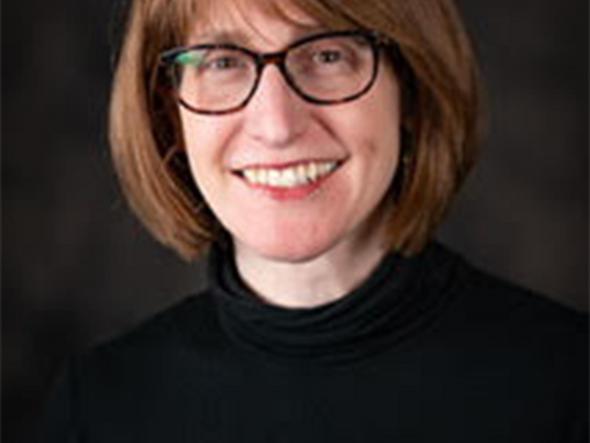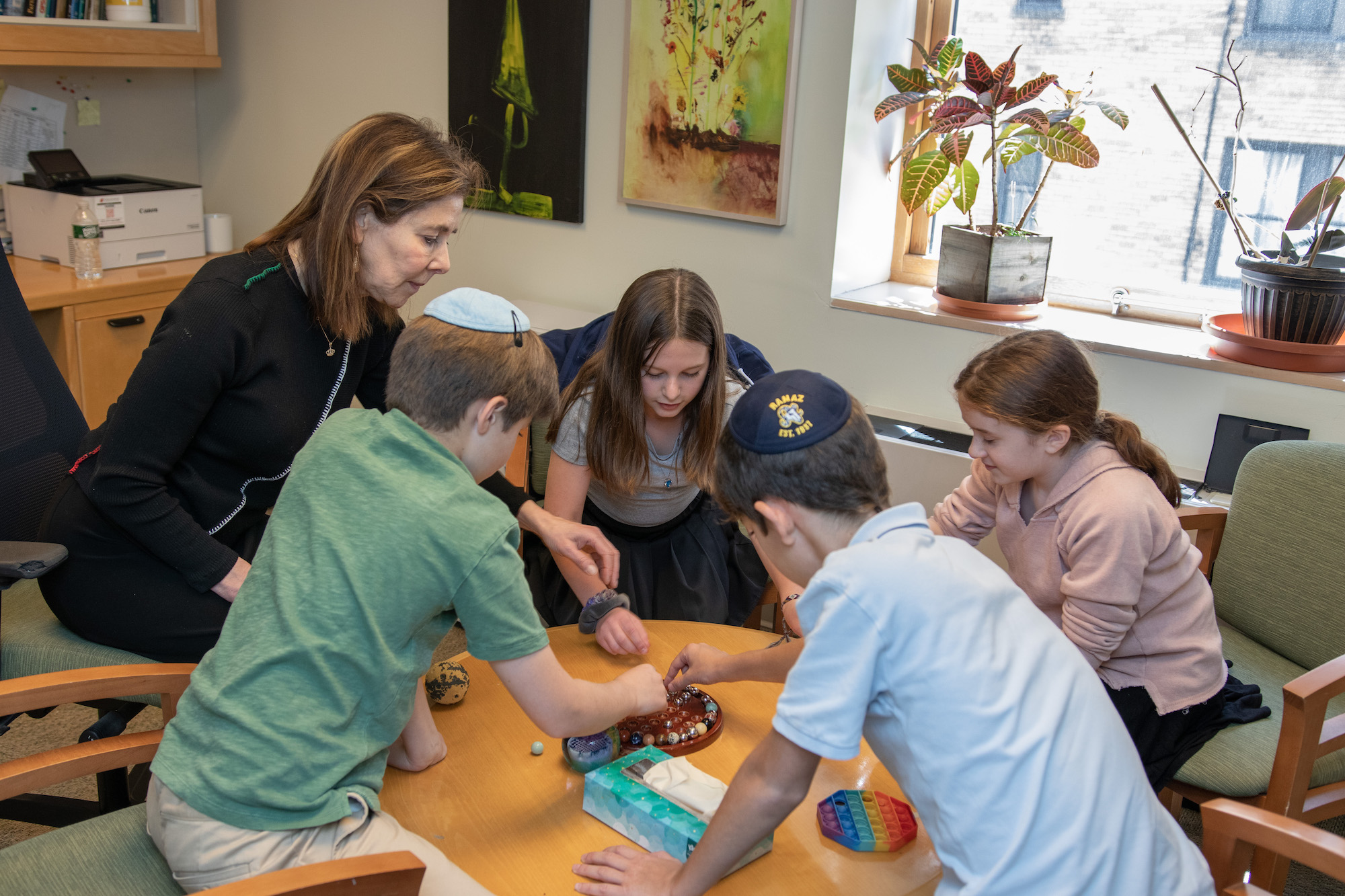Over the past few years, our middle school educational team has observed increasing signs of anxiety and depression in our students, a phenomenon educators and parents across the country have noted with growing concern.
On weekday mornings, as many happy, exuberant students bound into school, there is also often a line of students forming outside our school psychologist’s door - a child who failed a math test and is afraid to share the score at home, another grappling with feeling socially excluded, and still others expressing thoughts of self-harm following insults in an online peer group chat.
“I’m seeing more kids who have ‘shorter fuses,’ are less able to handle conflict with friends, and overall, seem to struggle more navigating typical challenges of adolescence,” observes Dr. Atara Berliner, middle school psychologist and director of guidance. “The emotional coping skills and social awareness we once took for granted now have to be actively taught.”
The ever-present pressure surrounding social media and the amount of time spent in front of screens and not socializing with peers, conspired with the dramatic impact of a global pandemic on children and adolescents. During the height of Covid, the lack of daily routines, suspension of normal school relationships, activities and clubs, and fear and losses surrounding illness created a “perfect storm” for children.
These forces have produced what mental health professionals and educators see as a national “mental health emergency.” For this reason, enhancing the quality and consistency of social-emotional learning (SEL) has been a priority for our head of school, Jonathan Cannon.
Given these trends, and the understanding that many students now need a broader range of extra support—spiritual, social, emotional, and academic—in the classroom and beyond, Ramaz has taken an important step forward in hiring a dedicated middle school director of social-emotional learning. The goal of this role is to further develop our school’s comprehensive approach to SEL so that our students feel empowered to build the social and emotional resilience they need to succeed in school and life.
“As educators, we feel a moral and ethical responsibility for our students’ well-being,” says Cannon. “Social-emotional learning is key to them performing successfully in school.”
SEL: A National Imperative
As a school, this represents new territory. In 2020, Education Week surveyed superintendents, principals, and teachers nationwide, with just five percent saying their school had a dedicated employee who focuses exclusively on social-emotional learning, and less than one-third of their teachers have received some level of SEL training.
Yet research and experience show that our students’ ability to learn well and thrive depends on more than academic instruction. Positive school culture, a sense of belonging with peers, beneficial relationships with teachers, and supportive feedback and reinforcement all matter greatly for student success and well-being.
“Our goal is to increase our students’ competence and confidence as we look to build personal agency and resilience in our school community,” says Ruth Gafni, Head of the Ramaz nursery through eighth-grade program.
In fact, social-emotional learning has become part of a national conversation about education: it is based on an understanding that for kids to be available to learn and to succeed in school, they must first develop the emotional resilience, communication skills, and collaborative will to interact with classmates, peers, teachers and the world in which they live.
Ali Esses, our new director of social-emotional learning for the middle school, observes, “The silver lining of Covid is that we as a country have realized weaving social-emotional learning into the school day improves learning as opposed to taking away from academic rigor. There is solid data showing that children perform better academically when they feel they are in a safe, supportive environment where they feel their voices matter.”
Ramaz's SEL Journey
Some years ago, Ramaz began increasing resources and building programs to help improve students’ social-emotional and psychological wellbeing, all of which are designed to increase resilience, teach stress reduction and self-regulation techniques such as seeking help, problem-solving and reframing.
A majority of our faculty have been trained in Responsive Classroom, a classroom-based approach that promotes students’ social-emotional competence, shared school values, rules and norms. Student input increases ownership and buy-in, which ultimately helps create a better school environment for students and teachers.
We are also working to increase student voice and agency. Utilizing Responsive Classroom and our advisory program, we work to help students find their individual voices and use them to better the school community. Advisory is a class that meets four times a week to give students a break from academics, provide them with the opportunity to connect with adult faculty and learn prosocial behaviors.
As an example, we recently established a Rules Congress in which a body of students work collaboratively to create a cohesive set of rules and norms that represent ideas from each middle school advisory group. Rules Congress will meet with our director of SEL to share ideas that they will pare down and bring back to their advisories for a vote. This allows students to have a voice in schoolwide rules. We believe these programs will enhance self-advocacy, self-agency and overall social-emotional wellbeing.
Bringing in a director of social-emotional learning to our school this year is the next logical step in providing leadership and direction to integrate SEL throughout our curriculum and reinforce the skills we are striving to teach our students. In this way, we are recommitting to our educational philosophy of teaching the whole child, and fulfilling our promise to imbue them with Jewish values, helping each one grow into responsible, respectful and well-adjusted adults of tomorrow.





